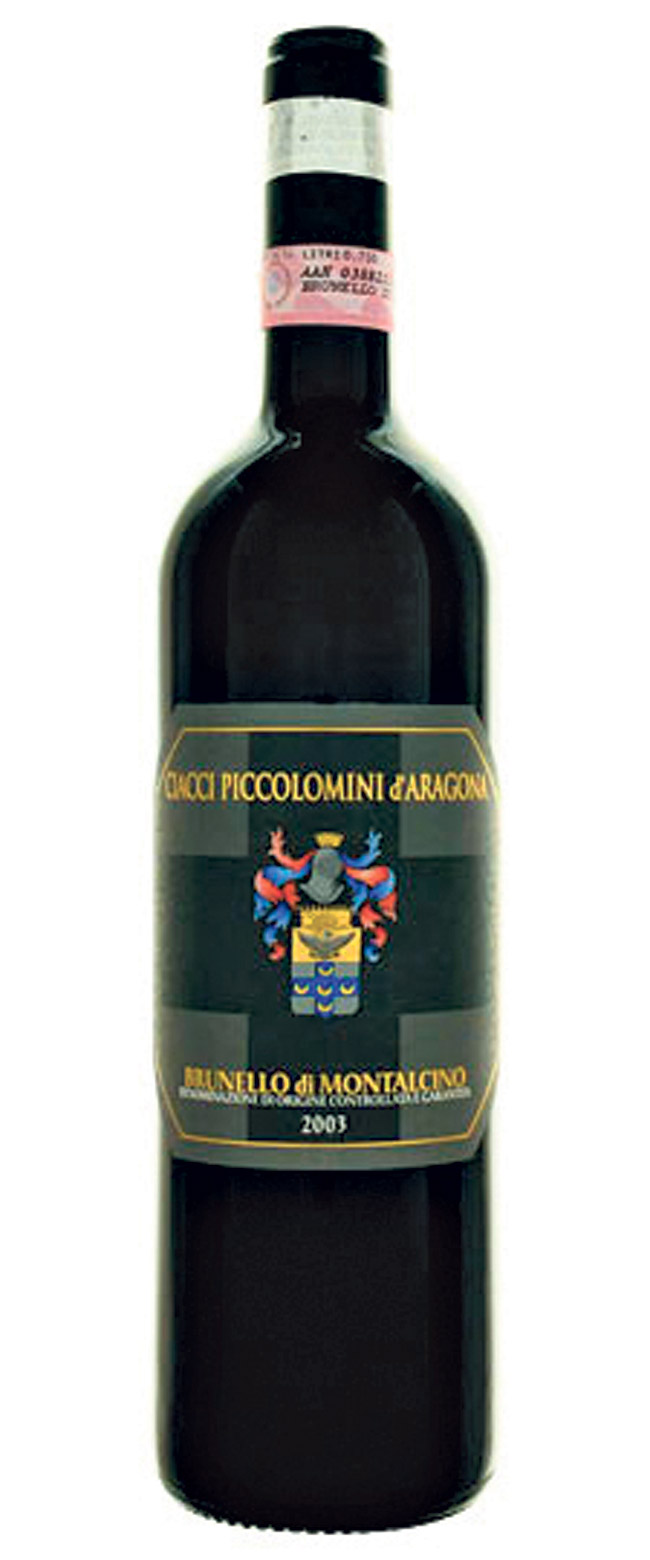The Effects Of Climate Change On Wine
Are you worried about climate change? How about climate change and its effects on wine-producing regions around the world? Will you still be able drink your favorite wine from your favorite region in the next 30 or 40 years?
If you read as much about wine as I do, you’ve seen this subject come up constantly. It is a hot topic – pun intended.
If you need any proof of just how permeating this subject is in the wine industry, just go to Decanter.com and you will see dozens of articles that should strike fear into your heart. Take, for instance, “Wine Regions May Lose up to 70 percent of land by 2050,” by Jane Anson. This article centers on a study done by the University of Texas published in the Proceedings of the National Academy of Sciences “that suggests that areas suitable for viticulture will decrease between 25 percent to 73 percent in major wine-producing regions by 2050.” More specifically, areas in Mediterranean Europe could drop 68 percent and Australia by 73 percent because of global warming. Say au revoir to Provençale wines. Start hoarding those Brunello. Can you imagine a world without Aussie Shiraz? Yikes!
If that doesn’t stop you in your tracks, how about this one? “Napa ‘Unsuitable’ for Premium Wine in 30 years: Study,” by Adam Lechmere. This piece features a Stanford University study that looked at four major winemaking counties in the U.S.: Santa Barbara, Napa Valley, Yamhill County in Oregon and Walla Walla County in Washington State. They estimated that there would be a 23 percent rise in greenhouse gases by 2040, which would translate into a 1 degree Celsius increase in average temperature. Northern California, which includes Napa Valley, would see 50 percent less land suitable for growing premium grapes for wine. OMG! What are we to do?
Thankfully, there is an opposing viewpoint. Let us begin with Michel Chapoutier, a top producer of Rhone wines as well as winemaker in Australia, Portugal and Alsace. Stating clearly that he is not a “global warming denier,” he nevertheless doesn’t believe winemaking in classical regions of France will be impossible. He points out that vines are some of the most resilient plants in the world. Many areas in the Old World are dry-farmed, and their vines reach deep into the soil to find sustenance. He also mentions that in areas such as the Rhone and Bordeaux, blending grape varieties always has been a tradition, which can overcome the phenomenon of overripeness. Each variety ripens at a different period in the season, and some can resists heat better than others.
I also would add that winemakers can vary their harvest dates in order to pick before the grapes get overripe. Chapoutier also cites the 2003 and 2005 vintages in France, where record high temperatures were recorded and yet there were some legendary and fine wines produced in those vintages. He goes on to point out that Cabernet Sauvignon is grown in Napa Valley and areas in Australia to great success, where the average temperatures already are much higher than those of Bordeaux.
What of the human factor in climate change? How about our ability to change in our tastes? One hundred years ago, virtually all Champagne was sweet. Just 30 years ago, average alcohols in Cabernet Sauvignon were below 14 percent.
How about our ability to find the next best place to grow great wines? I am not afraid. As an example, Burgundy has been making great wines for 800 years through climate change, pestilence and wars. I do not think that the next 40 will do it in.
Recommendations: 2008 Ciacci Brunello di Montalcino ($59) Plump and almost chewy with flavor, this wine follows up the dazzling 2007 with more structure. It is quite chubby for Brunello, with perfectly ripened red fruit flavors that lead into a graceful yet structured finish. 2011 A&P de Villaine Aligote de Bouzeron ($26) This reminds me a lot of the 2009 vintage, which I thought was the domain’s best, but the 2011 has even more verve and balance. It has this energy, almost electricity on the palate laced with pure pear and apple fruit flavors.
Roberto Viernes is a master sommelier. Email rviernes@southernwine.com or follow him on Twitter @Pinotpusher.






